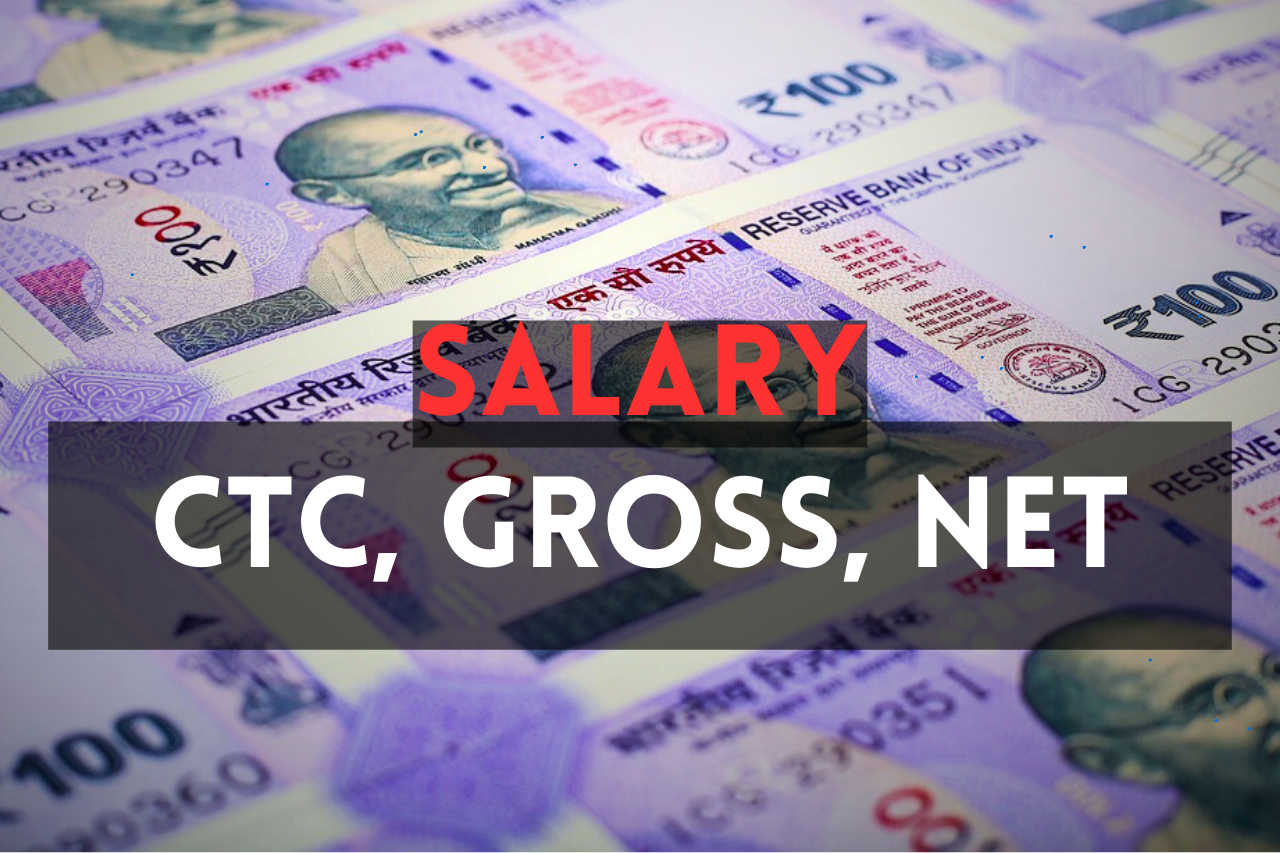What is CTC in India? | Corporate Trap!
Specifically defined what is CTC?
My real broke story on what is CTC?
When I was selected for a big corporate company in Noida, they provided me with an offer letter signed by the HR manager. It stated my CTC but ‘what is ctc’, I didn’t get a chance to clarify it during the interview because the interviewer was very busy.
Although she seemed cool and easy-going, my lack of confidence and less corporal knowledge made me hesitant to ask.
It was my first job right after college and I wasn’t very confident in my communication skills.
My joining date was set for 20 days later and back then, internet access and smartphones were considered luxuries.
During the interview I noticed my interviewer had a Nokia 6600 with a joystick, colored screen, and VGA camera, while I only had a Nokia 3310 with a basic green screen.
This discrepancy in technology further lowered my confidence and I felt like she was everything to me since I had been unemployed until then.
So, I didn’t ask about the CTC. After joining the company in Noida, during the training sessions they briefly mentioned CTC but it was still a confusing concept for me.
After three months of struggling with my shyness, I finally gathered the courage to ask my team leader about CTC and gross salary.
She kindly called me into a conference room and patiently explained both concepts to me.
Now, let’s focus on understanding CTC, gross salary, and net salary briefly:
CTC (Cost to Company):
This is the total amount the company spends on an employee annually including salary, benefits, and perks.
Gross Salary:
This is the total salary before any deductions including taxes and other expenses.
Net Salary:
This is the amount an employee receives after all deductions such as taxes, insurance, and other expenses, have been subtracted from the gross salary.
What is CTC
What is CTC – We can call it CTC or Cost to Company. It is a big package of money that a company spends on each employee. It as a basket packed with different types of expenses.
Some of these expenses directly go into an employee’s salary, like the money they get in their bank account each month.
Other expenses are a bit more hidden like the company’s contributions to things like health insurance or retirement plans.
See guys, you work for a company that offers you a salary of Rs.50,000 per year. That is the money you see in your bank account.
But behind the scenes, the company might also be spending an additional Rs.10,000 on your health insurance, Rs.5,000 on your retirement plan, and Rs.2,000 on other benefits like gym memberships or training programs.
So, your total CTC would be rs.67,000, which includes not only your salary but also all these other expenses the company covers for you.
CTC is the total amount of money a company spends on an employee which includes both what you see in your paycheck and what the company spends on your behalf.
5 Tried and Tested Passive Income Ideas in India
1. Core Components of Your CTC:
I will be using the standard terms used in India to explain what is CTC?
Basic Salary:
Your main salary reflecting your job’s base pay.
Dearness Allowance:
Helps you cope with rising living costs due to inflation.
Conveyance Allowance:
Covers your daily commute expenses.
House Rent Allowance (HRA):
Assists with rental costs and sometimes with tax benefits.
Medical Allowance:
This one is cool that you get additional support for healthcare expenses regardless of your health status.
Live Big and Happy life in 18k to 25k in India | Secret Tips
2. Extra Perks to Elevate Your Work Life:
Performance Bonuses:
Rewards for hitting performance targets to motivate you to stand out.
Training and Development:
Opportunities for continuous learning and skill enhancement.
Transportation Subsidies:
Support for eco-friendly commuting options like public transport.
Wellness Programs:
Initiatives promoting physical and mental wellbeing such as sports club memberships and mental health support.
Retirement Planning:
Employer contributions towards your retirement savings to a secure your financial future like provident fund.
3. Respect Your CTC:
Your CTC is more than just a number. It’s a reflection of your value to the company and the support they provide for your success.
Take advantage of the benefits offered to you whether it is financial perks, professional development opportunities, or wellness initiatives.
Make the most of your career journey by using your CTC to improve your work life balance and advancement of your skills and to secure your future.
Conclusion for what is CTC
The take home salary is called Net salary. Gross salary is the total salary before any deductions including taxes and other expenses and CTC is the total amount the company spends on an employee annually including salary, benefits, and perks. Hope it’s clear to all fresher.
FAQ for what is CTC
FAQ: What is CTC (Cost to Company) in India?
Answer: CTC or Cost to Company, is the total amount of money a company spends on an employee each year. Suppose you are buying a phone. The price tag shows the CTC which includes the phone’s cost with its accessories and maybe even a warranty. Similarly, in a job the CTC includes your salary, bonuses, benefits like insurance or retirement plans, and perks like travel allowances.
Q1: What is Gross Salary in India?
Answer: Gross salary is the total amount of money you earn from your job before any deductions. It is as your total earnings before any bills are paid. If you work in a garment showroom in your town’s main market like Palika Bazzar in Delhi and your showroom owner promises to pay you Rs.20, 000 per month that is your gross salary.
FAQ: What is Net Salary in India?
Answer: Net salary is also known as taking home pay (in hand salary). This is what you actually receive in your bank account after all deductions. Think if you are teacher with a gross salary of Rs. 20,000 per month. After taxes, insurance, and other deductions are taken out, what you are left with is your net salary, like Rs. 17,000 which you can take home and spend as you wish.







